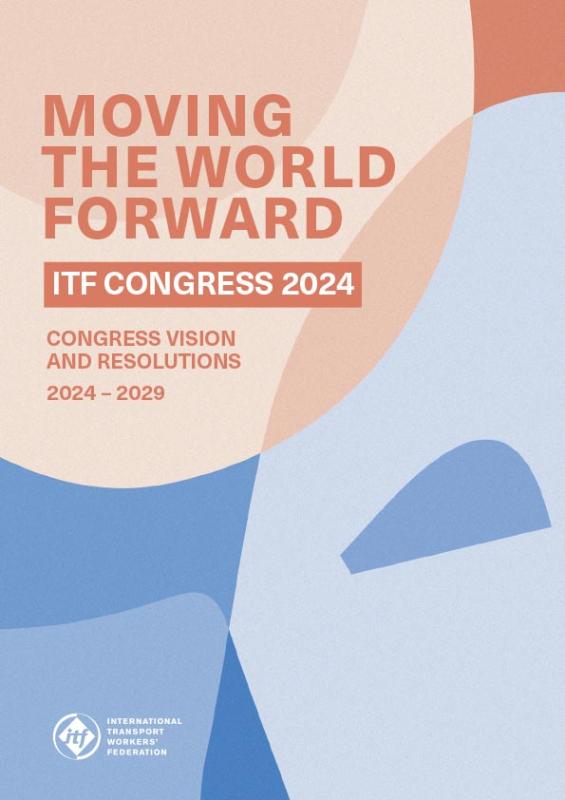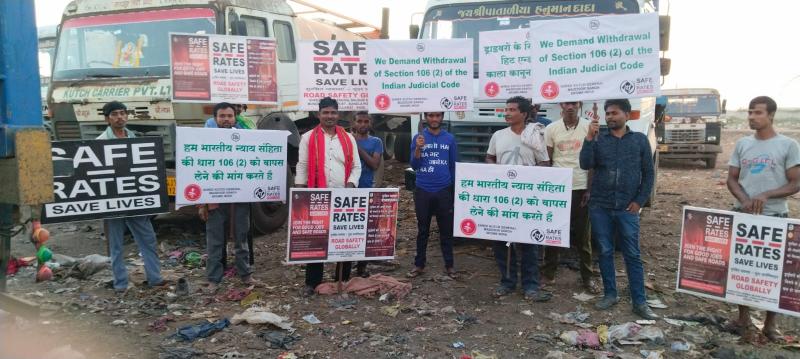The 40 million men and women working in fisheries worldwide are operating in a highly dangerous and mostly unregulated profession.
International standards of working and living conditions need to be set. For the ITF, this means lobbying for the ratification and proper implementation of the ILO Work in Fishing Convention, 2007.
What is the ILO?
The International Labour Organisation (ILO) is a UN agency that sets global standards for working conditions. When enough countries agree on an ILO convention by ratifying it, it becomes law.
Ratifying convention 188
Convention 188 came into force on 16th November 2017 after being ratified by ten ILO member states. It’s applicable to all types of commercial fishing and establishes minimum standards that protect fishers in all aspects of their work.
Broadly, it sets international standards for:
- safety on board fishing vessels
- food, accommodation and medical care at sea
- employment practices, insurance and liability
The convention aims to ensure that fishers:
- Have improved occupational safety and health and medical care at sea, and that sick or injured fishers receive care ashore
- Receive sufficient rest for their health and safety
- Have the protection of a written work agreement
- Have the same social security protection as other workers
It also aims to ensure that fishing vessels are constructed and maintained so that fishers have decent living conditions on board.
What can you do to support fishers?
ITF union affiliates need to understand Convention 188 and lobby for its wide ratification and proper implementation. The ITF has plenty of resources to help you do that.
We have produced a guide to help you gain a deeper understanding of the convention.
Order The ILO Work in Fishing Convention, 2007 – a guide for unions in Arabic, English, French, Indonesian, Spanish and Tamil.
The ITF Work in Fishing Convention Toolkit, 2012 provides union affiliates with a clear guide to the ILO convention and how to put it into practice.
The toolkit includes presentations on how the regulations can be used to support fishers and build unionised communities. It also includes a model collective bargaining agreement (CBA) to support union negotiations. Its aim is to help workers become knowledgeable advocates of change within the industry. For access to the toolkit email fisheries@itf.org.uk.
Together we can create a fairer, safer, sustainable future for fisheries.
The ITF works alongside the International Maritime Organization (IMO) to ensure the safety of fishers and the UN’s Food and Agriculture Organisation (FAO), which governs the sustainable management of fisheries.
Our combined efforts include:
- promoting the IMO International Convention on Standards of Training, Certification and Watchkeeping for Fishing Vessel Personnel, 1995 (STCW-F 1995) and the work on its update
- updating IMO Torremolinos International Convention for the Safety of Fishing Vessels, 1977
- campaigning for development of proper port state control (PSC) of fishing vessels
Help other unions
Keep us up to date with your lobbying progress, so we can share your tactics, encourage other unions and give you our support.
Please email seafarers@itf.org.uk with details of your experiences and successes.



